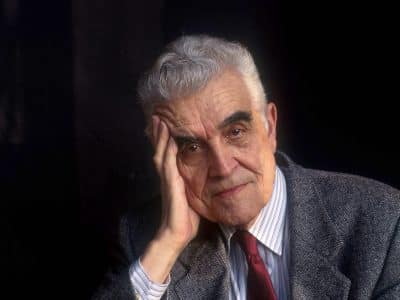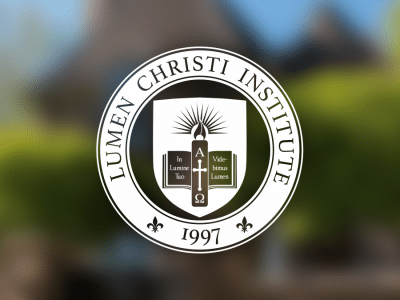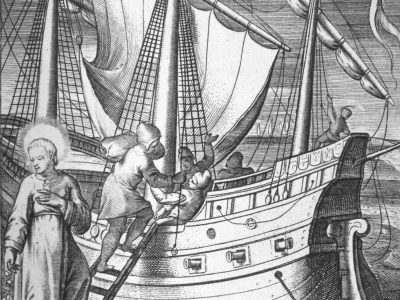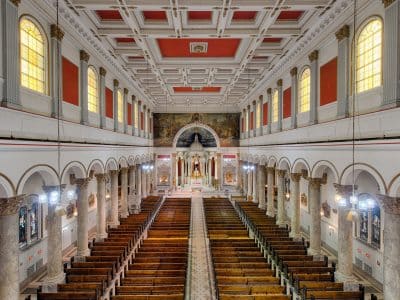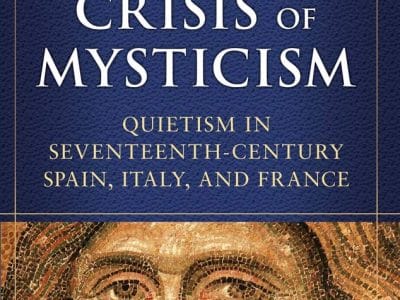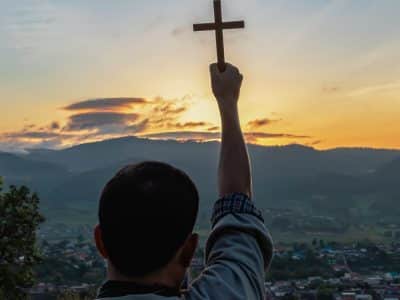News & Media
From 2012 to 2020, Fr. Paul Mankowski, SJ delivered hundreds of lectures and master classes at the Lumen Christi Institute. Seeking to share the depth of his scholarship, this podcast offers many of his lectures (edited for coherence and quality) to the public in digital format for the first time. The first season will feature a course that Fr. Mankowski gave on Joseph Ratzinger’s Jesus of Nazareth and dozens of lectures centered around the books of the Bible (including Genesis, many of the prophets, the Gospel of Matthew, and St. Paul’s Letter to the Romans). Episodes will be released on Mondays, Wednesdays, and Fridays from September through December. To conclude the season, we’ll offer one or two interviews with people who knew Fr. Mankowski well and can offer an entry point to his person and scholarship.
Free and open to the public. This event was held online through Zoom (registration required) and live-streamed to YouTube. This event was co-sponsored by Word on Fire Catholic Ministries and America Media. While social media has become a source of
A Colloquium on Learned Devotion in the Jesuit Way of Life 27–29 May 2021 Chicago, Illinois Committee Chair: M. Ross Romero, S.J. (Creighton University) Committee Members: Matthew Baugh, S.J. (Saint Louis University), Sam Conedera, S.J. (Saint Louis University), Brian Daly,
Free and open to the public. This event was held online through Zoom and live-streamed to YouTube. This event is part of a webinar series on Hispanic Theology. This event and series are made possible by a generous grant from
Free and open to the public. This event will be held online through Zoom (registration required) and live-streamed to YouTube. This event is co-sponsored by the Collegium Institute, the Martin Marty Center for the Public Understanding of Religion, and Herder
This event is part of a webinar series on Hispanic Theology. This event and series is made possible by a generous grant from the Our Sunday Visitor Institute. There are complex dynamics to account for when examining the intersectionality of
